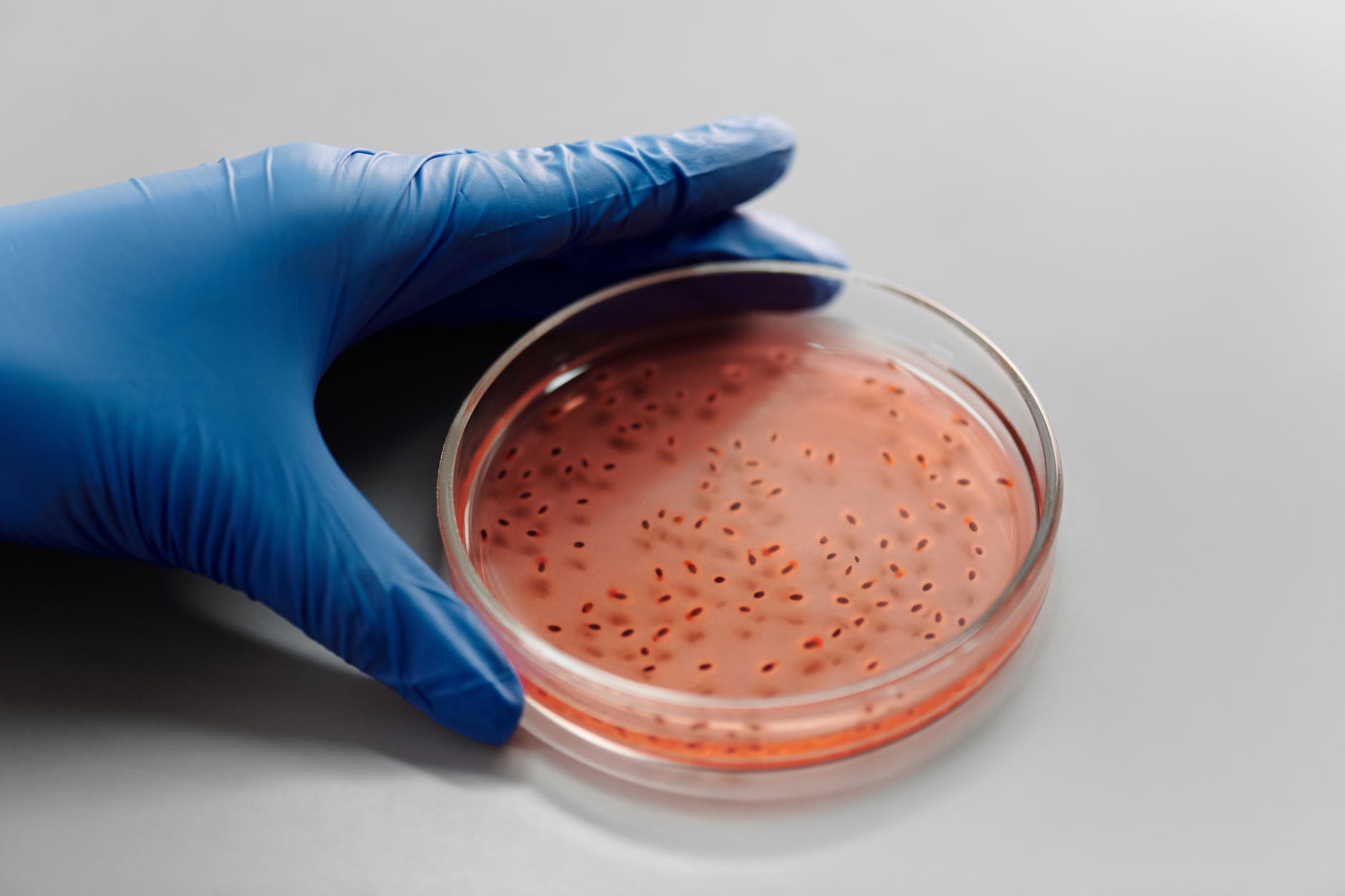![]()
Bacterial infectious disease is a growing problem, and understanding the symptoms and how to treat it is key to managing your illness. This article breaks down some of the best ways to treat this infection with natural remedies, including hydrogen peroxide, raw apple cider vinegar, and castile soap.
Introduction to Bacterial Infectious Disease
Bacterial Infectious Disease is a viral illness that can spread from person to person through the air, by direct contact with contaminated surfaces, or through food. This blog article will provide an overview of how BID affects people, how it spreads, and ways that you can prevent yourself from getting it.
What Bacterial Infectious Diseases are current?
Bacterial Infectious Diseases are caused by bacteria. There is a vast range of bacterial infectious diseases available in the market today. Some of these include the likes of pneumonia, sepsis and gonorrhea. These bacteria can cause serious health problems and attack the immune system which is highly vulnerable to infections. Bacterial infectious disease is an illness you can catch from another person or animal. It’s caused by a number of different microbes that are mostly spread through contact with other people or animals. The most common type is respiratory tract infections such as pneumonia and the common cold. Bacterial infectious diseases are actually very rare in the United States and Europe. But they are more common in developing countries where hygiene isn’t as strict, sanitation isn’t as stringent, and there aren’t nearly as many antibiotics available.
Common Treatments
There are many different types of treatment for bacterial infections, ranging from antibiotics to surgery. The most common treatments for bacterial infections are antibiotics and intravenous fluids. Antibiotics are the most common treatment to treat bacterial infectious disease. Antibiotics can be delivered in a number of ways, including intravenously, topically, or orally. They are also effective when administered early on in the course of the illness or after restoring normal bowel flora.
Ask Dr. Google
Bacterial infections can be devastating and range from the common cold to sepsis. In order to prevent these diseases, one must keep their immune system strong, take care of hygiene practices, and maintain a healthy diet. However, when bacteria are in the body it may become necessary to seek medical attention. Protocols for treatment vary depending on the severity of the disease. For bacterial infections caused by antibiotic-resistant bacteria, see your doctor before deciding on your treatment plan.
How to Avoid Getting an Untreatable Illness
The best way to avoid getting an untreatable illness is to take proper care of your body. Wash your hands frequently, stay away from those who are sick, and be sure to drink plenty of water. The best way to avoid getting any infection is to eat a balanced diet and exercise regularly. Infectious disease is a broad term used to describe a wide range of illnesses that are caused by a wide variety of organisms. Some of the most common infectious diseases include bacterial infections, fungal infections, and viral infections. What all these diseases have in common is that they can spread easily from person to person through contact.
Prevention Tips
Swallowing properly is the most important way to prevent bacterial infectious disease. Look for water that is coming from a safe, clean source. If you have any cuts or wounds on your skin, use bandages and gloves to protect yourself. Effective medication and diligent adherence to prescription treatment will save you from having to deal with a bacterial infectious disease. However, that’s not always an option for everyone. If you’ve been diagnosed with an infectious disease, here are a few tips that can help you get better sooner:
Conclusions
Bacterial infectious disease can be treated with antibiotics. Antibiotics kill bacteria by disrupting the cell membrane and preventing DNA replication. The downside is that antibiotics are not selective, meaning they will generally kill off the good bacteria in your body as well as the bad. If you want to keep your intestinal flora in balance, there are a few steps you can take that won’t kill off any good bacteria.
